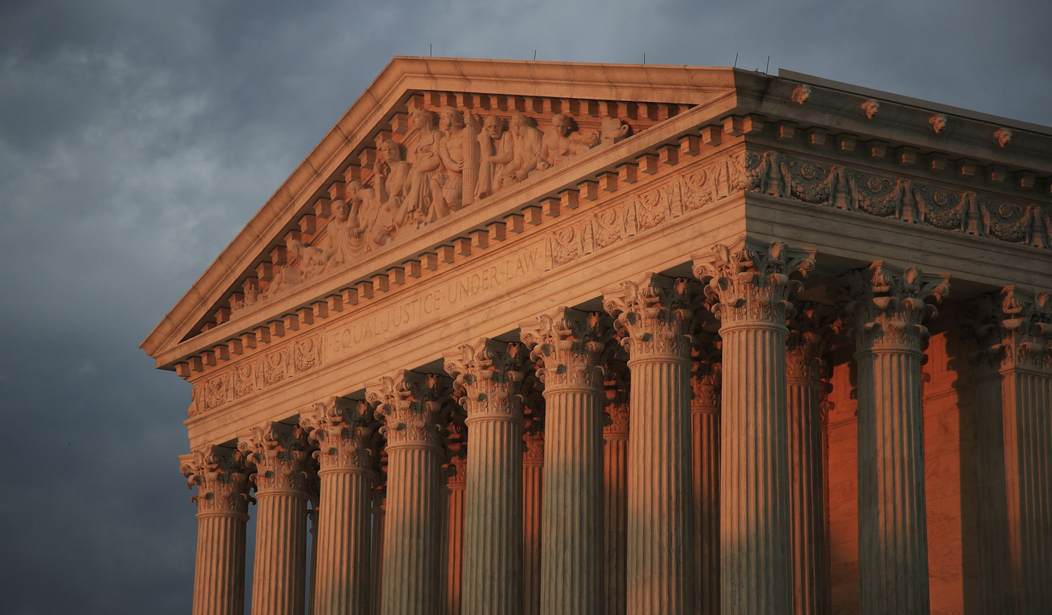An abortion clinic, along with two abortion doctors and the Center for Reproductive Rights, petitioned the Supreme Court Friday to halt a Louisiana law that requires doctors at abortion clinics to have admitting privileges at a local hospital. On Tuesday, Supreme Court Justice Samuel Alito responded by giving Louisiana two days to respond to the petition.
After a Jan. 18 Fifth Circuit Court of Appeals ruling upheld the 2014 law, lawyers for the Center for Reproductive Rights petitioned the Supreme Court arguing that the law was “identical” to a Texas law the Court struck down in Whole Woman’s Health v. Hellerstedt in 2016 and would severely reduce abortion access for women in the state.
“Enforcement of Louisiana’s admitting privileges law will have disastrous consequences for women in the state,” they claimed in the petition. “The district court determined that Louisiana’s admitting privileges requirement would leave only one physician providing abortions in the entire state and that all-but-one clinic that provides abortion care would be forced to close.”
“The Fifth Circuit brazenly ignored recent U.S. Supreme Court precedent squarely on point,” Nancy Northup, president and CEO of the Center for Reproductive Rights claimed in a statement. “There is no way this law can stand under the Supreme Court ruling in Whole Woman’s Health, which struck down the same law in Texas.”
However, in their initial September ruling, the Fifth Circuit Court argued that “the records from Texas and Louisiana diverge in all relevant respects," and that Louisiana's law "results in a potential increase of 54 minutes at one of the state’s clinics for at most 30% of women. That is not a substantial burden at all, much less a substantial burden on a large fraction of women as is required to sustain a facial challenge.”
Recommended
The Court argued that the abortion clinic challenging the law, “has failed to establish a causal connection between the regulation and its burden, namely, doctors’ inability to obtain admitting privileges. Specifically, there is insufficient evidence to conclude that, had the doctors put forth a good-faith effort to comply with Act 620, they would have been unable to obtain privileges.”
They examined the practical effects of the law on Louisiana’s clinics and concluded that “no clinics will likely be forced to close on account of the Act.”
“If the Act were to go into effect today, both Women’s and Hope could remain open, though each would have only one qualified doctor,” they wrote. “Delta would be the only clinic required to close, as its only Doctor, Doe 5, does not have admitting privileges within 30 miles. Because obtaining privileges is not overly burdensome, however, the fact that one clinic would have to close is not a substantial burden that can currently be attributed to Act 620 as distinguished from Doe 5’s failure to put forth a good-faith effort.”
Louisiana Attorney General Jeff Landry praised the Fifth Circuit’s decision to uphold the law last week.
“The Fifth Circuit once again affirmed what we have repeatedly said: our law is both factually and legally different from the Texas law that the Supreme Court ruled against,” Landry said. “I once again thank Representative Katrina Jackson for authoring this public safety legislation and Solicitor General Liz Murrill for preserving the Legislature’s intent.”
The case could be an interesting test on the abortion issue for Justices Neil Gorsuch and Brett Kavanaugh should the full court take it up. Justice Alito could act on the request himself but is more likely to refer it to the full court, according to SCOTUSBlog.
Five justices would be required to grant the emergency stay that the abortion advocates are requesting. This means at least one of the five conservatives justices would have to join the liberal justices in granting the stay.
Conservative Justice Clarence Thomas recently accused his colleagues of avoiding the abortion issue.

























Join the conversation as a VIP Member